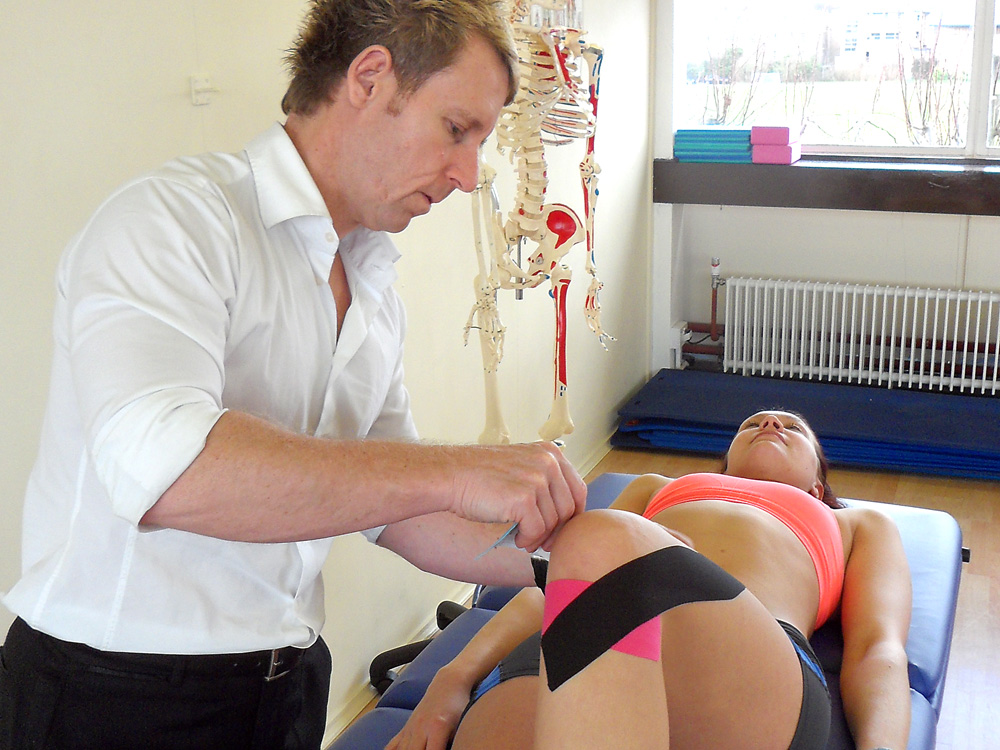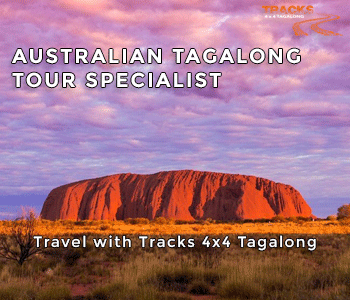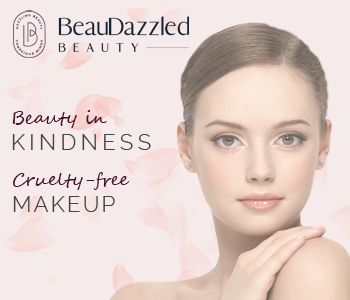Brian Knight had great success in the corporate world, building up a trucking empire from scratch. But in the end his soul wasn’t satisfied – so he made a big shift – downsizing into becoming a kinesiology practitioner – which he did for 13 years. But intense demand for his talents led to his patients telling him he needed to either clone himself – or teach someone else so they could book in for sessions more easily and regularly. So he spent two years setting up the Health Arts College, which he remains co-director of seven years later. JEANETTE MORGAN does a Q&A with him about forging a career in kinesiology courses …
What did you do before kinesiology?
I’m a city kid but a country kid at heart. As a kid I spent every waking moment in the country, all over Victoria and farming areas. I had a love of cooking, my mother and grandmother were both very good cooks and Dad’s pretty good at bashing a few things up too. So I finished my schooling and got an apprenticeship in cooking – and worked for a long time at the Hotel Windsor – they have high tea in the afternoons and all that sort of stuff. Then I managed a hotel or two, so my background is hospitality and customer service.
My instructors at college put me up for a scholarship to go to Germany and Switzerland for 18 months cooking in hotels and travelling around Europe, then when I came back, I was still pretty young, about 21 or 22 and got engaged and my wife Claire and I started having daughters. Then my brother had one truck and he suggested that rather than working late hours in hotels which affects your family life, why not work in the trucking business which was 7am to 4pm Monday to Friday. So I chucked in the cooking and did that.
I built the business up while he was away for 18 months so that there was enough for two of us. When he came back we built it into a transport empire and ended up with 13 trucks. But it wasn’t really doing it for me – after 10 years I needed a change so started learning kinesiology courses while doing swimming teaching to earn a crust.
Because I needed to study anatomy and physiology I did that and did remedial massage at the same time, then did my diploma of aromatherapy.
What motivated you to get involved in kinesiology courses?
The business that I had built up ultimately wasn’t mine and didn’t express my own talents, so I wasn’t feeling spiritually satisfied – whereas this field is something which does express my true passions.
In the end I was 13 years with clients at home – basically doing kinesiology courses and massage – and I was booked up for 3 or 4 months ahead – and clients were getting upset – they were saying “you’ve got to make a clone” – and I said I wish I could, and they said “well train someone else so we can go to them”. So that’s where the idea spawned that I’ll teach people – so I investigated training – because I wanted to things that are serious, I never wanted to do fluffy shit, so I dove into it deep and started an RTO (Registered Training Organisation). It’s been seven years. The first two years were setting things up, and the last five years have been training people.
The first students you ever trained, are they still involved in kinesiology?
Yep – I actually had a breakfast with a few of them not last weekend but the one before. We sat down and had brunch and chatted about the pioneering times (laughs).
Do you personally still have patients that you treat or has the teaching and administration of the college taken over your life?
I still treat people three days a week – Monday, Wednesday and Friday – but there’s only a small number – I mostly refer people on – to be really blunt it’s only the ones that I’ve been getting along with really well that I’ve kept on and am willing to assist. I used to see 7 or 8 people a day five days a week, but now I might see five maximum in a day. Still 15 people a week …
Kinesiology must be a hard thing to explain to people – how do you describe it when people look at you blankly and say “what the hell is that?”.
Kinesiology is about bringing your life into balance – that’s all it is. What a kinesiologist does is helps you to identify what’s out of balance and how to bring those things back into balance. And we use the muscles of the body, the nutrition, what you think, what you feel and the energetics all together to help all of those things come back into balance.
Is kinesiology a diagnostic tool? Or is it something that also has a healing component?
We don’t call it diagnostic, we say it’s a “verification tool”. So it verifies what’s in or out of balance. The art is in all the strategies we can offer to help people come into balance. There is an art in being able to push on arms, and that’s ok we can do that, but that’s just the verification tool – but then we apply better nutrition, or better ways of thinking about or feeling things, or to feel things that you don’t want to feel in ways that you can cope with – that’s much more the individual complexity of it. Like I said to a guy this morning, “have you gone to a doctor before – yes, have
you gone to a physio yes, have you had massage – yes … well kinesiology is nothing like that” (laughs). It has components of that but it’s not that.
What are the pre-requisites for doing the course?
Absolutely nothing really. Other than a commitment to learn. That’s really all we’re talking about. But they have to have an interest about things that are healthy, about things that are natural, about wanting a better quality of life. If they’re somebody who eats McDonalds every day, they’re not really wanting to find out, then they’d be pushing it uphill a little bit.
Can students do the courses part-time, or stop if they have to and then come back to them? Is it quite flexible to do the course?
It’s very flexible. The way our courses are set up are so that people can have a full-time job Monday to Friday 9 to 5 – and still be able to do even up to two qualifications. Roughly half of the course is common between them all. Most of it is evenings or weekends. So if you’re doing kinesiology for example, everything’s on the weekend basically. Not every weekend,
but every second weekend at least you’d be doing some training – then then you’ve got to fit your own study in-between. Over about a 10 month period.
What’s the typical length of a course if you are doing it part or full-time?
Ten months for a Certificate Four – and 2 years – or 20 months over two years to do a Diploma. Certificate Four is the first half of the Diploma.
As far as being accredited goes, what does it mean? Eg, what is a “Certificate IV in Kinesiology”? Can you explain what Certificate 4 means to the layperson?
It’s a technical term, it’s a level of training within the education industry within Australia. So basically what it is is in vocational educational and training there’s Certificates 1, 2, 3 and 4. And then a Diploma and then an Advanced Diploma. Now some VETS can do degrees – but it’s up their …….. now Certificate 4 is about mid-level, it means you can “work under supervision”. Most kinesiologists work on their own so it’s a bit loose ….. it’s like getting a degree or Masters,
it’s the same sort of thing – up to the same standard. People who go to TAFE etc know what a Certificate 4 is and they know what a Diploma means.
What’s a typical scenario once someone has graduated – what do they then go and do?
They set themselves up in practice. We have a student clinic and it helps the students to get a direct experience of what providing kinesiology is – and what being in practice is.
With the current economic situation being very tough for a lot of people, and the discretionary spend such as on health being one of the first things to suffer, how possible is it to still forge a career in natural therapies? Is this industry being adversely affected, and yet is there still a way through for people?
There’s absolutely still a way through for people. There’s actually a lot more interest in the natural therapy industry than there was before the global financial crisis. There’s a lot of people that are looking for another way, another lifestyle, and so you’ve got a lot of different ranges of people: people that have been in a long-term job, for example, that now don’t have a job – they’re looking at re-skilling. And maybe what they were doing they felt they were tired of anyway. You’ve got other people who still have a job but they’re either looking to supplement their income, or to move into
something else because they have realised their current work may no longer be stable – and then you’ve got the third lot who want to have a seachange – they just want to do something different and are doing it for very exciting reasons – because they’re developing skills that they can take anywhere around the world.
Whether it’s kinesiology, massage, aromatherapy or any complementary medicine, they’re looking at acquiring a skill that is transportable. It’s not like many careers – for example if you’re an accountant here you can’t just go and be an accountant in England – you still have to do a bridging course. Or if you go to somewhere from here as a doctor or nurse you still have to do a bridging. Complementary therapies have universal appeal – you can go and do massage on a ship, a cruise liner, or at hotel resorts or clinics around the world. And Australian qualifications are held in absolute high regard – for example, kinesiology in Australia – they use the standards in Australia for Ireland, Canada, they’re looked at it for America – there are other countries that are adopting our standards because of the quality of them.
Is it more likely in the current climate that graduates will get work overseas rather than
in the local economy?
This is the thing – this has happened probably over the last ten years – the landscape changed – previously people might have been doing workshops that were … good … trainings, but they didn’t necessarily create great therapists who also had a background of how to operate a business. That has changed dramatically in the last decade. Now the training has an industry standard, it has an ability to move into that area with finesse. The people who trained before don’t have that knowledge, they might have years of experience – but they have years of where they were at – they’ve not progressed. The new type of therapist is trained to improve their standards and work with different sports codes and sports people – and they go into a much broader range of areas now. It could be working in hospitals or nursing homes – or they’re seeking out multi-modality therapy clinics. And those clinics only want qualified people – and the ultimate test is this: that all the health funds that allow you to claim for complementary therapies are now asking for only practitioners with approved training programs. So someone who has learnt it 20 years ago doesn’t have a shoe-in.
This lure that health funds have, of getting free or low-cost complementary therapies as part of their packages, I imagine that’s had a very positive effect on your industry?
Absolutely a positive effect. About two months ago I had a call from a lady who had trained decades ago and she said “I need to get a providor number so I can work with the health insurance companies”.And I said sorry I don’t do those. She said I need to get qualified. So I said you have to study for the qualification. And she said “but I’ve been doing it twenty years”. I said “why do you want this” and she said “because I’m losing all my customers, they’re all going to the people who have provider numbers”. So the public are still having massages and kinesiology, but they’re getting a lot more selective. So the ones who are trained well and have a qualification, they now are being sought
after because they’re the selective few. And the ones that don’t have it are missing out unless they upgrade themselves.
So the short answer to your question is that there’s actually more work around now because for anyone who’s well trained and has a full qualification, they are being sought after.
So did that woman who rang you, did she decide to study?
No – because it was all too hard. It was too hard to do the qualification. She felt that she’d done a couple
of weekend workshops and should be handed a qualification – where people do two years of training!
What can people expect to pay for a course, eg a year’s course?
A year will give them a certificate 4 level – which is the first half of a diploma. So they can finish as a certificate 4 – they have lots of knowledge but they don’t have a lot of advantages – they can’t get a providor number at a cert 4 level – doesn’t mean they can’t be a good practitioner, but they’re a more attractive candidate to a customer, employer or health fund if they have the diploma – and they have these privileges as far as provider status. So people can stage it – they can do a certificate 4 and then take a bit of a break and then come back and finish the diploma. Or they can get a number of qualifications at the same time – we’ve got people who are doing a certificate for kinesiology and a certificate for massage at the same time because it’s not double the amount of work, it’s only 1.5 times the amount because the common units for kinesiology and massage are all the same. A diploma of kinesiology costs $6000 per year so for two years it’s $12,000.
What does the future hold for the Health Arts College?
Basically it’s about being able to offer more good quality training so there are more good quality practitioners out in the community. Our commitment is to provide professional practitioners – wherever that takes us. If people like what we do then it will be going into different states of Australia and then other countries for sure.
I noticed on your website you have a page about the Health Arts College operating in Hong Kong – what’s that about? What’s the appeal of Hong Kong? Is it because it’s a relatively close place where English is spoken?
Yeah and also too it has that Eastern philosophy, the strong Chinese history of alternative or holistic medicine, so it’s an interesting market looking at being able to supply good quality education even into China and the rest of Asia.
Are you looking for people in those areas to find you and work in with you?
Absolutely open to that. We’ve already done discussions with the Singapore government a couple
of years ago. They were very favourable – we just need someone on the ground.
For more information on The Health Arts College, feel free to call Brian via 1300 658 326 (cost of a local call outside Melbourne) or in Melbourne call (03) 9898 0243. Or email him via brianknight@thacollege.com … also well worth browsing their website which has stacks of information on the courses they run: www.thacollege.com
Related Subjects
- Studying Kinesiology in Melbourne, Sydney & Brisbane.
- Pilates Courses in Melbourne Australia.
- Remedial Massage Courses in Sydney.
- Natural Health Products for Sale in Australia.
- Far infrared Saunas available in Australia.
- Cold-press Juicers available in Australia.
- Organic Tea Products in Australia.
- Organic wines made in Australia.














